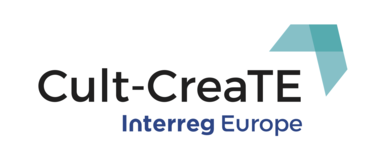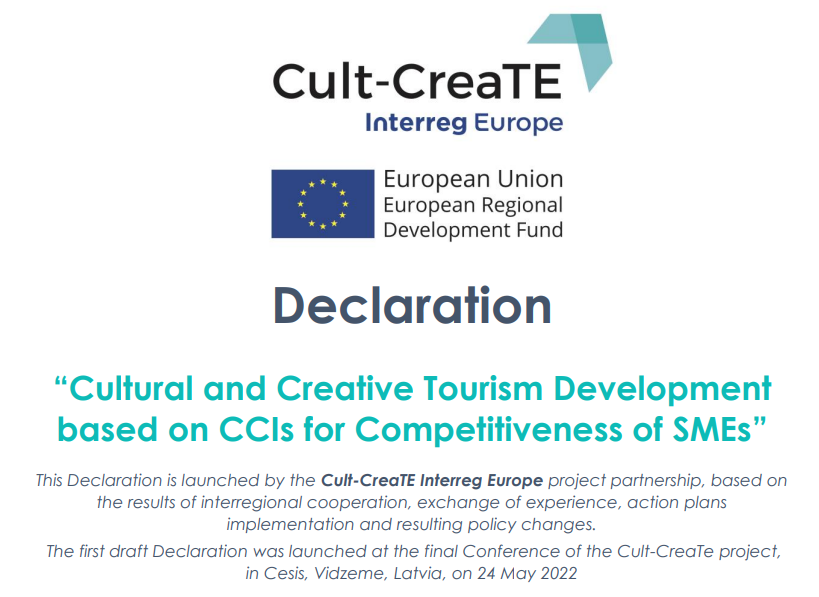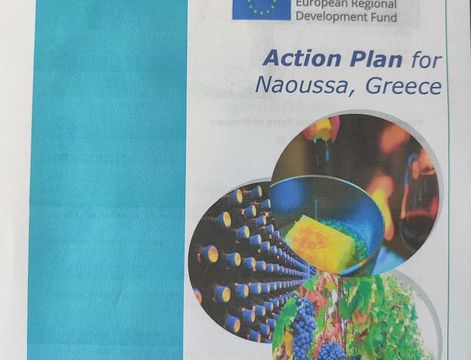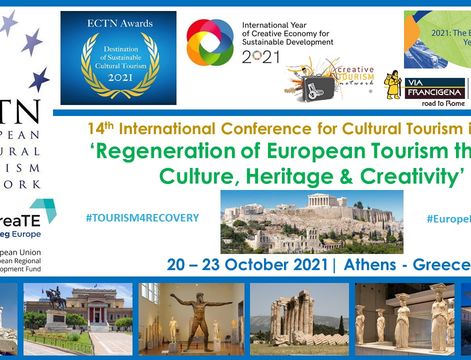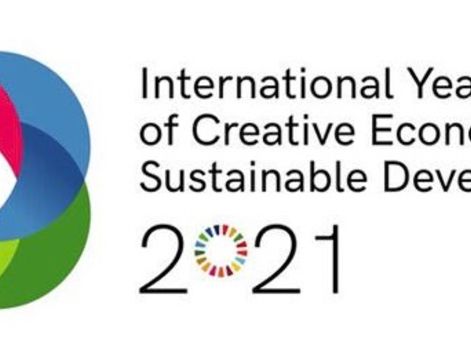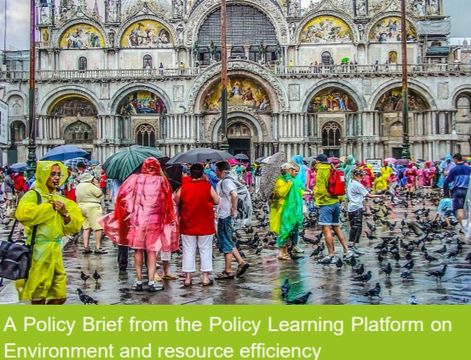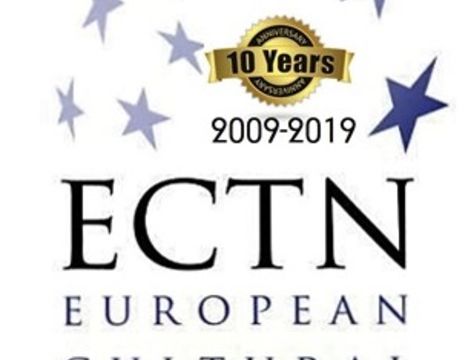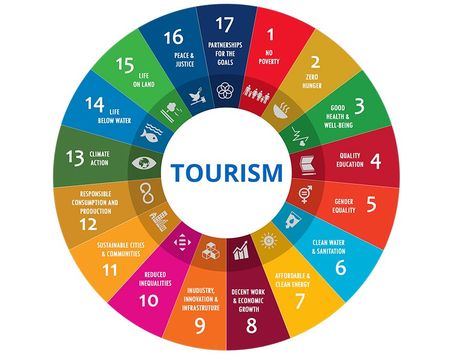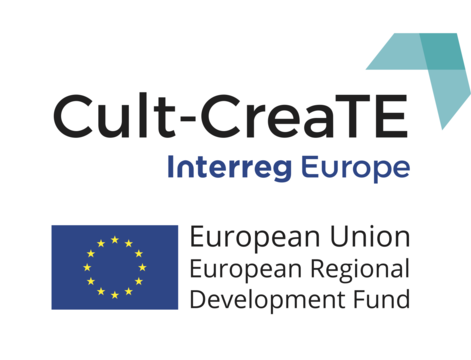A new Policy Brief from the Policy Learning Platform on Environment and resource efficiency was published on 14 December 2020 entitled:
Sustainable Tourism: Strategies to counteract overtourism
This policy brief aspires to offer some solutions to the current challenges of the tourism sector. It illustrates how sustainable tourism brings an added value to the long-term socio-economic development of regions and how it helps them cope with the ongoing Covid-19 crisis. It provides valuable insight on how to sustainably manage the natural and cultural heritage through the creation of new itineraries and tourist attractions, sustainable transport, the promotion of less-known destinations and the uptake of innovative solutions for supporting local tourism. Interregional cooperation on counteracting tourism overcrowding can serve to build a more resilient tourism industry in the long run.
The policy brief refers to two good practices of our Cult-CreaTE project, namely:
- DiVit - Digital experience solution for museums, galleries and exhibitions
- New ways of tourism product development during pandemic - CCT based on CCIs for SME competitiveness
Both these good practives have been submitted by Cult-CreaTE partner Chamber of Commerce and Industry of Pécs-Baranya, Hungary.
The relevant to Cult-CreaTE project main lessons of the interregional cooperation are summarised in the Policy brief as follows:
Building the infrastructure for sustainable tourism
▪ Adopt strategies for developing your local tourism offer;
▪ Engage with SMEs, tourist operators etc., to create an ecosystem favourable to their valorisation;
▪ Invest on digitalising accessibility of the cultural and natural heritage;
▪ Exploit synergies between digital tools and sustainable initiatives that foster the local economy.
Sustainable tourism in Covid-19 times and beyond
▪ Revise strategies on local sustainable tourism in light of Covid-19;
▪ Accelerate their implementation to mitigate the effects of the pandemic on the whole sector;
▪ Invest on technology and digitalisation to better manage tourist flows;
▪ Consider them as tools enabling an evenly balanced geographical distribution and dispersion of tourists during the pandemic and beyond.
The above are relevant in terms of Cultural and Creative Tourism (CCT) development and promotion, based on Cultural and Creative Industries (CCIs). Cult-CreaTE has some 20 Good Practices related to sustainable tourism. Relevant actions are included in the partners' Action Plans that will go into implementation during the first half of 2021.
In terms of recommendations, the Policy brief suggests that as:
"The next generation of Regional Funds are being negotiated at present and interregional cooperation provides inspiration as it offers the possibility to learn about good practices and policies, explore synergies and discover new perspectives for sustainable tourism. A plurality of strategies for counteracting overtourism already exists in Europe. Their common element lies in the future-proof management of the cultural and natural heritage."
The Cult-CreaTE project partnership is ready to contribute towards the post-pandemic recovery of the European tourism sector, with sustainability and resilience, through culture, heritage and creativity towards competitiveness of CCIs SMEs, tackling seasonality and overtourism. This is particularly relevant during 2021 that has been declared as 'Year of Creative Economy' by the United Nations General Assembly.

